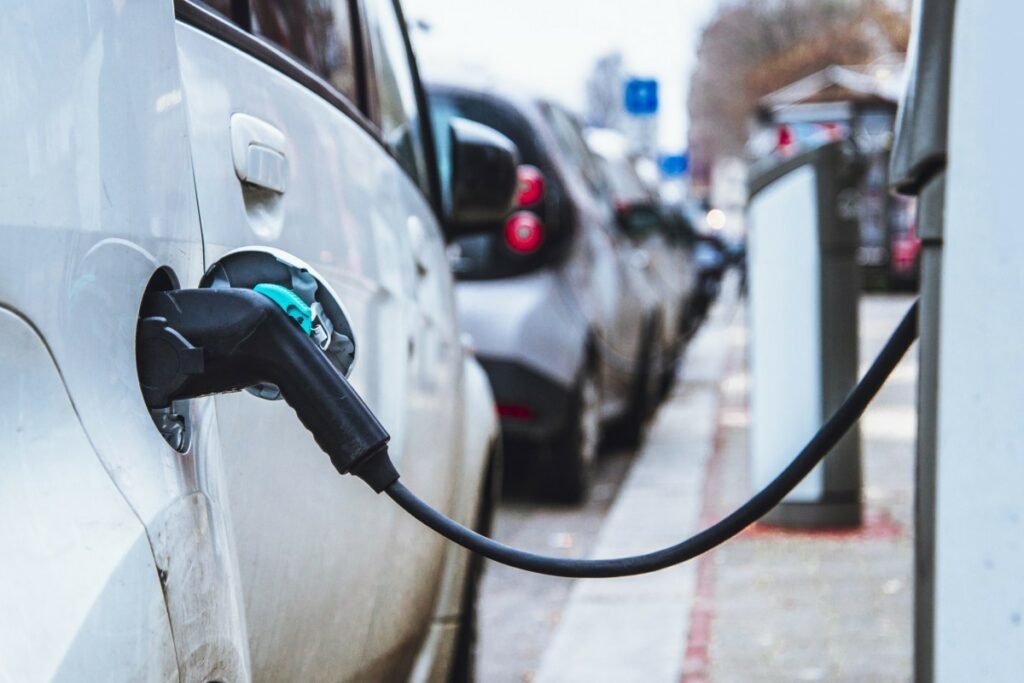On the major highways in the EU, there must be fast EV charging stations every 60 km or more by 2026. Of the various improvements to EV charging that the European Parliament has approved, that one is the most striking. Others concentrate on speeding up charging and simplifying charge payment options. The EU’s “Fit for 55” plan, which aims to cut emissions by 55% by 2030, includes all of these actions.
The TEN-T (pictured), an EU-wide network of important traffic corridors with a total length of 24,500 km, is subject to the maximum distance limit for fast chargers. By 2026 and 2028, all of the required fast chargers along these roadways must have an output of at least 400 kW.
The European Parliament required EV charging stations for electric buses and trucks to be no more than 120 km apart by 2028 on at least half of the network, with each heavy-duty charger having an output ranging from 1,400 to 2,800 kW, depending on the road.
The European Parliament also wants greater ease and openness when it comes to payment in addition to these minimal standards for the density and speed of the fast charger network:
- All clients must be able to make payments using cards or contactless devices (at the moment, certain charging networks need apps or subscriptions).
- Customers must be given a clear price breakdown for every item, whether it be in euros per kW or per minute/session.
- The EU will create a public database of charging stations by 2027 that includes details on costs, accessibility, and wait times.
The European Parliament required at least one hydrogen refuelling station every 200 km along TEN-T highways by 2031, without neglecting other environmentally friendly alternatives to ICEs.

The UK aims to require 99% EV charging station dependability
Separately, the UK government has put up regulations aimed at taxing in-country experiences. The main component of these regulations is the requirement for 99% EV charging station dependability in the UK. A 2017 survey found that 15% of EV charging stations in the UK were inoperable; this number fell to 8% in 2019. The UK intends to reduce this figure to 1%.
Outside of the UK, requiring 99% dependability would be advantageous because it will force EV charging station owners and manufacturers to lift their game and create standards for greater reliability. The more regions that emphasise reliability, the more likely it is that these advantages will also accrue to those that do not.
With a 99% dependability objective of its own, the Netherlands has taken the lead in this area, and the UK government particularly cited the Dutch as inspiration for its own 99% aim. The operators of charging stations are required to offer a 24-hour helpline as part of this reliability focus.
The UK regulations would also implement payment and database standards that are comparable to those of the EU regulations, mandating per-kWh pricing, price displays, contactless payments, and real-time information on the availability of charging stations. Slower public AC chargers are exempt, and they only apply to fast chargers of 8 kW or more.
Although these UK regulations have not yet been formally adopted, they will take a year to take effect after that. Therefore, if the government acts swiftly enough, the UK might have its laws before the EU.
This is a positive development for all drivers of electric vehicles, not just those in Europe. Big changes like this have a tendency to spread, as seen by the parallels in billing regulations between the EU and the UK as well as the UK’s specific mention of the Netherlands in its dependability objective. Therefore, possibly some of these standards will spread to other regions, and as a result, perhaps we’ll see a slight increase in the reliability of chargers here in the US.